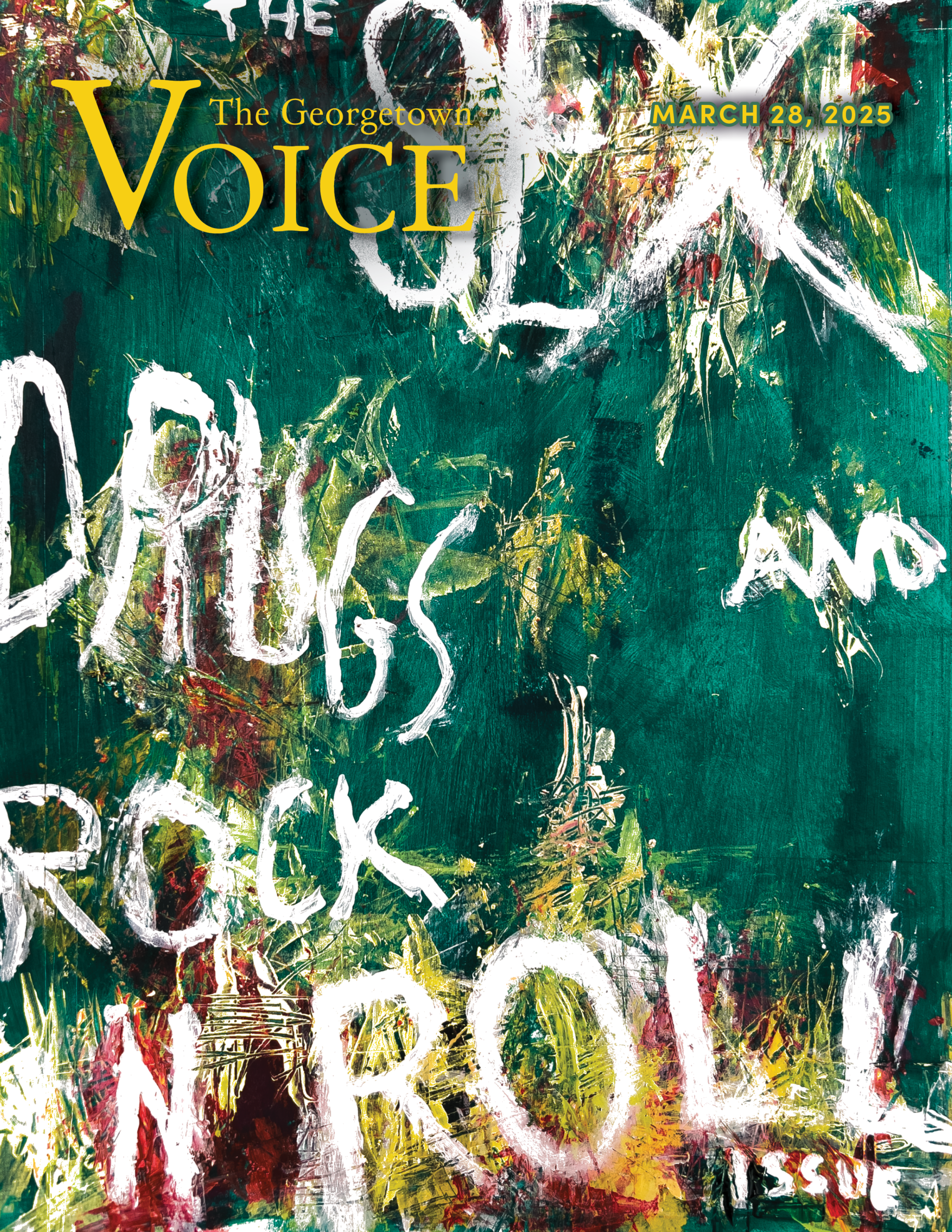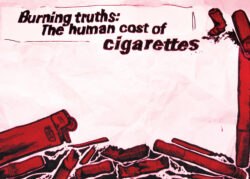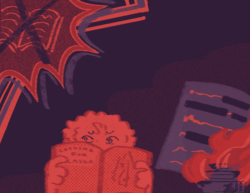Some people say it with a hint of boastful pride. “Me? No, I never recycle!”
Others won’t even answer—they just look away awkwardly or grimace apologetically when I ask.
Recycling, sadly, just doesn’t seem cool to Georgetown students, despite the considerable environmental and economic benefits. I’m amazed by how many people blithely throw trash into recycling bins, and vice versa, even though the words “Newspaper” or “Aluminum/Cans/Plastics” are emblazoned across the front. I’m pretty sure that most of us can read at a first-grade level. I’d like to think that people don’t recycle not because they don’t care, but because they simply don’t believe that the recyclables are actually recycled and jettison their waste in a gesture of cynicism and frustration.
That’s why I’d like to bust a few of the “Recycling Myths” that float around campus. Hopefully, an explanation of the true state of recycling on campus can change the prevailing attitude.
Myth #1: “Georgetown doesn’t recycle.”
Actually, Georgetown does recycle. We even have a dedicated Recycling Coordinator, Bill DelVecchio, whose office is located in the garage under Harbin Patio. Anyone who has a question about recycling is welcome to pay him a visit. Since DelVecchio’s arrival in August 2007, the campus recycling rate has increased 10 percent from 12 percent to 22 percent.
Myth #2: “Everything just gets thrown away.”
While I, too, have heard rumors about maintenance crews throwing recycling into the trash bins, this is not the norm. It happens on occasion because non-University contract employees have little incentive to keep the streams separate, but a new policy being implemented will train crews to do so. If we do our job and recycle, then maintenance can do theirs. If we don’t recycle consistently, even the best waste collection crews cannot improve our recycling rate.
Myth #3: “Recycling doesn’t do anything.”
When I hear this one I am puzzled by what people mean. My interpretion is that people don’t understand the benefits of recycling. Recycling reduces natural resource consumption as well as energy use because it is easier to remake something than it is to produce it from scratch. For example, if you care about energy security, you should know that recycling aluminum saves 95 percent of the energy required for new production. Recycling one ton of plastic saves 3.85 barrels of oil. Recycling also reduces the amount of waste in landfills and decreases air pollution from waste incineration. Georgetown University is even paid for the aluminum it recycles because it’s so cost-efficient to recycle it.
Myth #4: “No one explains what we can recycle.”I admit this isn’t a myth, but rather a question in disguise. EcoAction is trying hard to spread awareness about what is and is not recyclable. Things we can recycle include all #1 and #2 plastics (this does not include Corp coffee cups, sadly), newspapers, regular aluminum cans, cardboard and electronics. Electronics can be recycled by taking them to the Harbin Patio Garage. Things we cannot recycle include pizza boxes and other greasy, food-covered items.
Myth #5: “It’s too inconvenient.”
If you can whip out a 10-page paper on two hours of sleep, I think you can hold on to that soda can until you come across the next recycling bin. We’re doing our best to improve the facilities on campus and place one recycling bin next to each trash can, so now it’s your turn.
For more information about what can and cannot be recycled, please visit: http://www9.georgetown.edu/facilities/recycling/ or www.recyclingindc.com for off-campus recycling.





